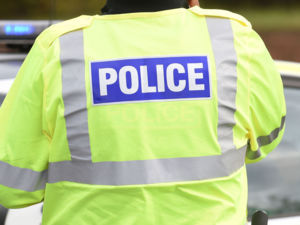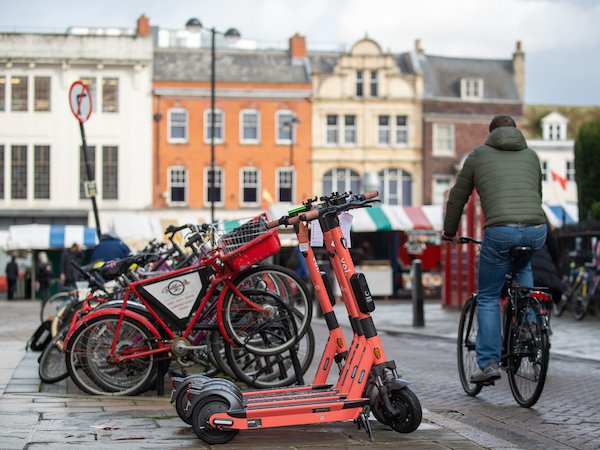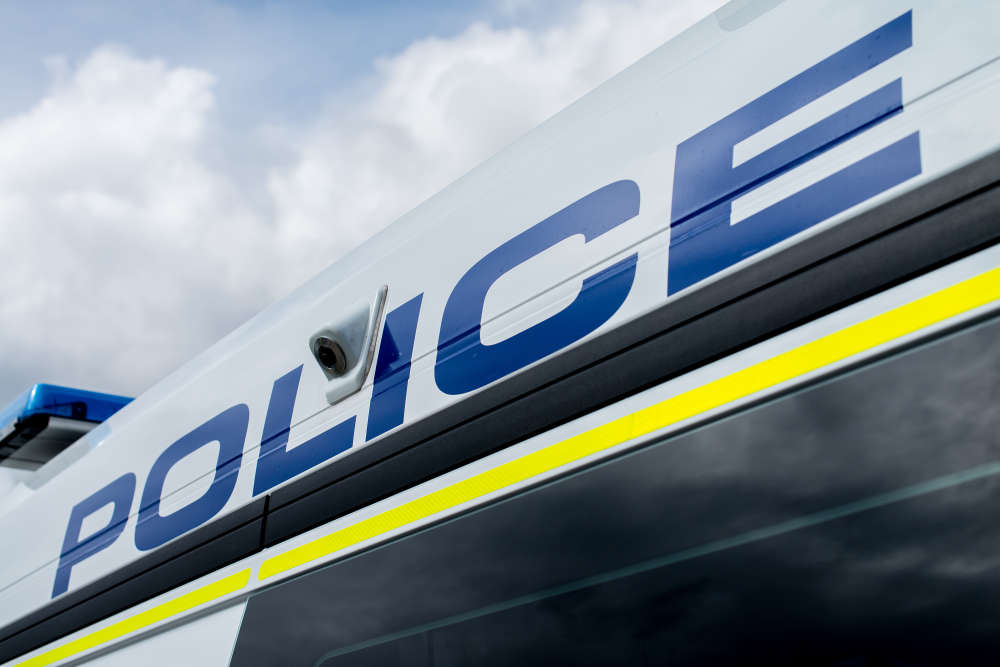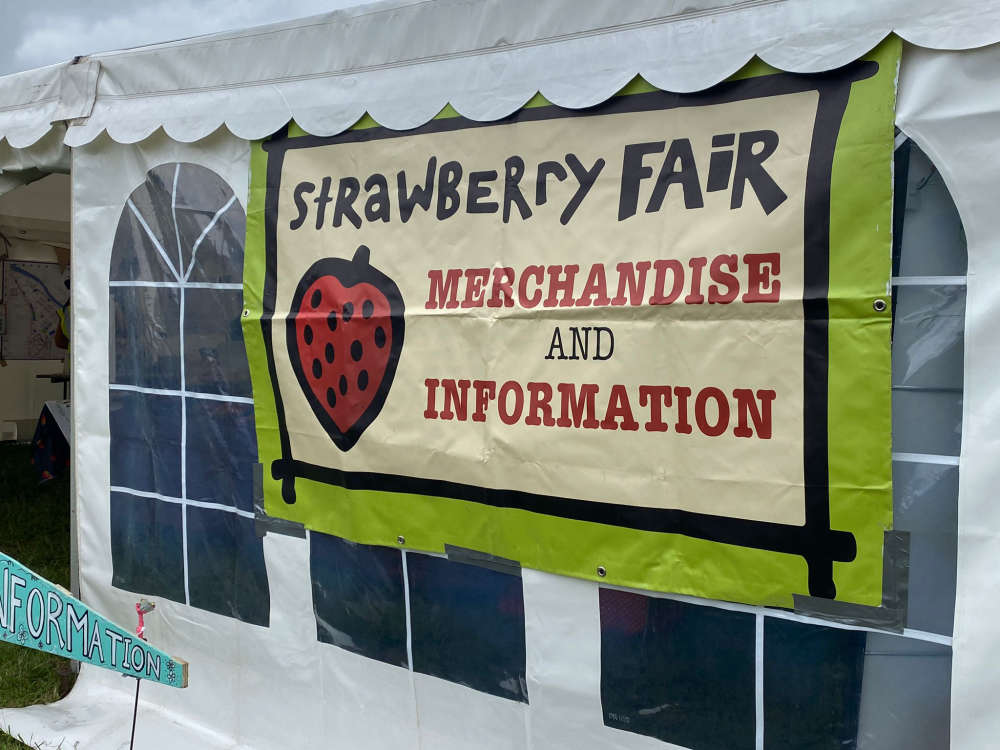
A FORMER member of a so-called ‘untouchable’ gang, which attempted to distribute large quantities of cocaine in Cambridgeshire and Suffolk has been ordered to pay back more than £20,000 or face further jail time.
A 2008 investigation, named Operation Wager, which involved law enforcement officers from Cambridgeshire, Suffolk and the Metropolitan Police worked together over ten-months to gain sufficient evidence against the seven-strong gang of drug suppliers.
Ryan Eggo, 31, of Girton, Cambridge, played a key role in the distribution chain and duly received a five-year prison sentence in 2009 when he and his co-defendants pleaded guilty at Ipswich Crown Court.
Following his sentence Suffolk’s Financial Investigation Unit completed a Proceeds Of Crime Act (POCA) investigation resulting in a confiscation order being granted against Eggo for £4,416. However, his benefit from crime was set at £470,496, which meant investigators could revisit the order if Eggo was found to have acquired any new assets.
Then last summer, the Eastern Region Special Operations Unit’s (ERSOU) Asset Confiscation Team (ACE) team was made aware Eggo had come into some money, so launched a new investigation. Reports of their findings were presented to the Crown Prosecution Service, and the new assets were restrained under an order granted at Ipswich Crown Court.
On 22 January the original confiscation order was uplifted by £20,000, which would need to be paid, or he would face a term of imprisonment in default. Eggo has subsequently satisfied the order.
ACE team manager Nick Bentley said: “This action against Ryan Eggo demonstrates that we will pursue criminals to recover whatever a court has determined to be the benefit from their crimes.
“If you believe someone subject to a confiscation order has expensive assets, and is displaying a wealthy lifestyle, I would encourage you to call Crimestoppers. I can assure you the authorities will investigate.”
Monies recovered under the Proceeds of Crime Confiscation regime will be paid to the government initially, then sums may be distributed to victims of crime, police forces or used within community projects.


 Cambridge E-Bike hire scheme set for expansion
Cambridge E-Bike hire scheme set for expansion
 Ely graffiti vandal avoids jail
Ely graffiti vandal avoids jail
 Drink driver who urinated in a police van is sentenced
Drink driver who urinated in a police van is sentenced
 Strawberry Fair cancelled due to costs
Strawberry Fair cancelled due to costs

